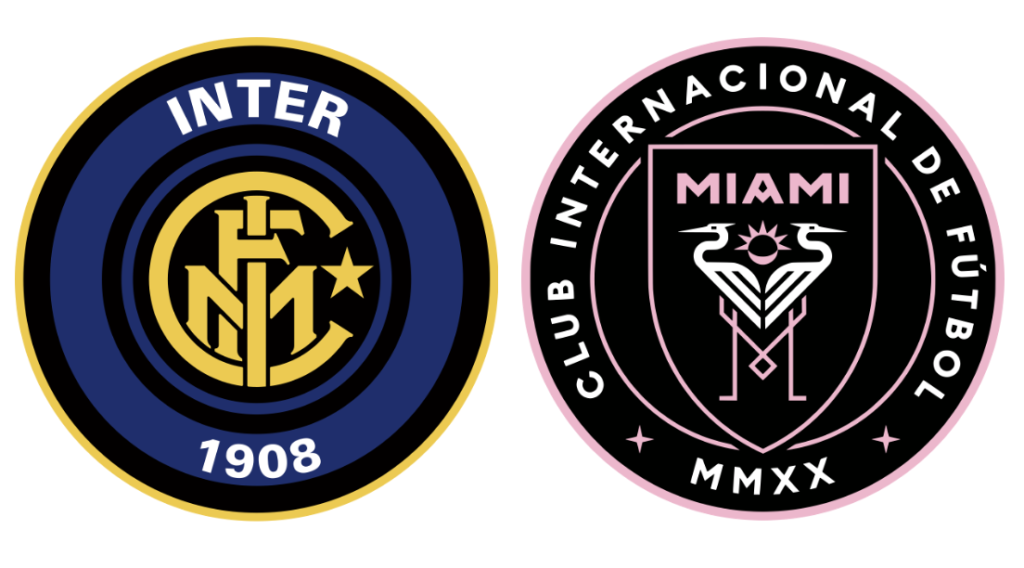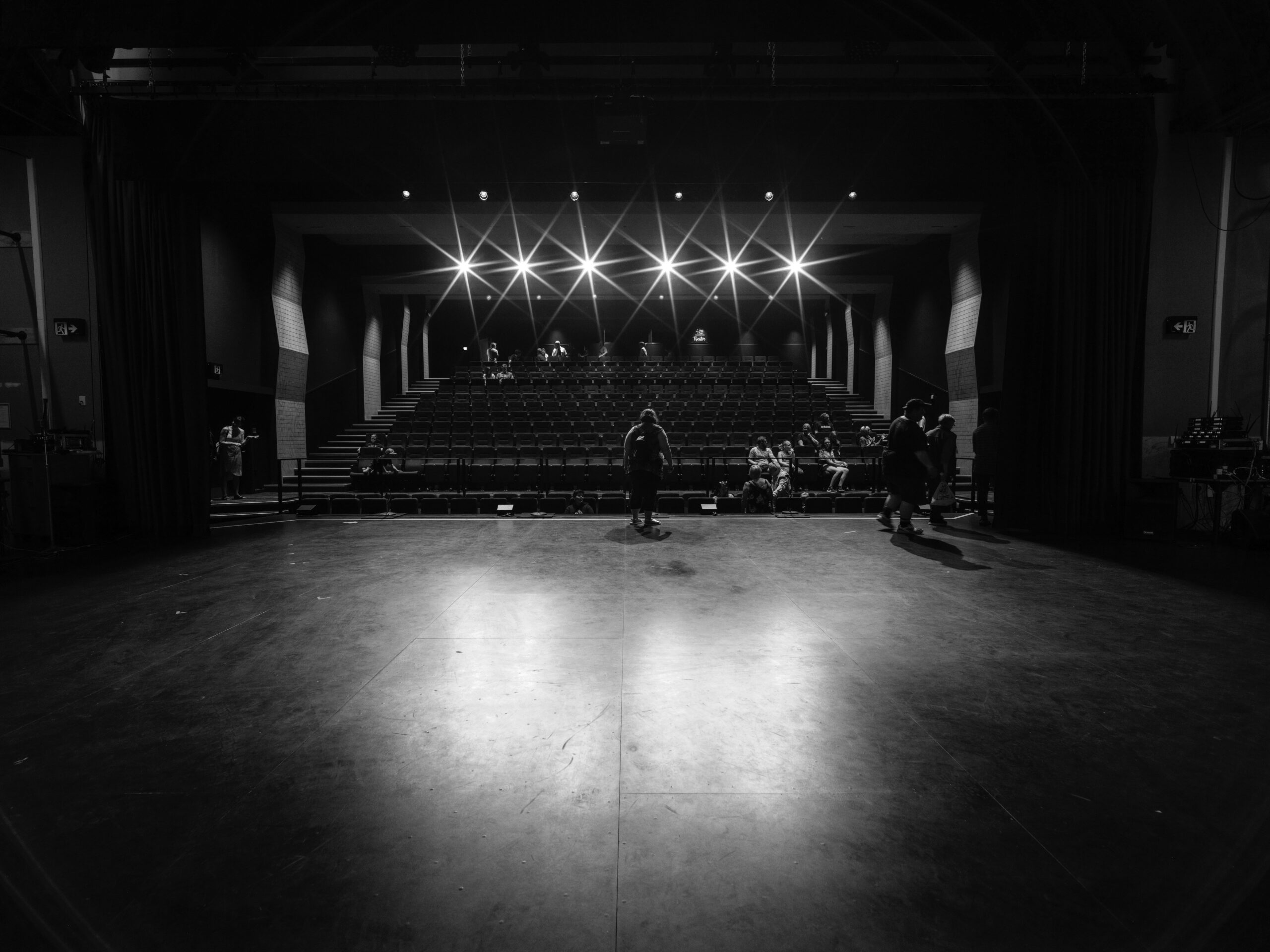
There is a high-profile international trademark battle ongoing between Major League Soccer (MLS) and the legendary Italian soccer club Football Club Internazionale Milano S.p.A. (Inter Milan) over the mark “Inter.” Sports franchises in major American sports follow a simple naming convention: [place name] plus [noun, usually ending in s] (e.g., New York Yankees, or Washington Capitals). On the other hand, soccer, as the world’s game, has no such formula when scrutinized on the global scale, due to myriad languages and cultural norms.
As a young league fighting to be relevant in the global soccer market, MLS franchises do not all follow the typical American formula for franchise names. Peculiar sounding Real Salt Lake takes the first word in its name from sports organizations in Spain, where clubs like Real Sociedad and Real Madrid pay homage to the Spanish monarchy through the Spanish word for “royal.” Sporting Kansas City, formerly the Kansas City Wizards, also takes its name from the Iberian Peninsula, with Sporting Clube de Portugal (Sporting Lisbon, informally) the most notable user of the name. There is an enormous list of words used to name soccer teams around the world. When MLS newcomer Inter Miami entered the fray, it was easy for many not to think twice about it and to assume this was another American club adopting a common prefix from another place, and perhaps Inter Miami’s owners did too.1 But Inter Milan, a legendary Italian club founded 112 years ago in 1908 and named after a desire to accept players from all nationalities, saw things differently.
In the soccer world, Inter Milan is commonly, if not exclusively in colloquial contexts, referred to as “Inter” because “Milan” is widely understood as a reference to Inter Milan’s crosstown rival AC Milan. Inter Milan filed an application for trademark registration in the United States with the USPTO in 2014.2 The application is still pending. After the previously unnamed Beckham-owned Miami franchise decided on its name in 2018, Major League Soccer (MLS), which owns all franchises as a single entity, filed an opposition to Inter Milan’s trademark registration in March 2019.3 MLS asserted two claims in its opposition: likelihood of confusion, pursuant to Section 2(d) of the Lanham Act, and mere descriptiveness, pursuant to Section 2(e)(1) of the Lanham Act.4
On the likelihood of confusion ground, MLS asserted that the similarity of the marks will lead to consumer confusion in determining to which team the mark “Inter” refers.5 In order to bring a likelihood of confusion opposition claim, the opposer must show priority in the mark.6 Since the Inter Miami name was not selected until 2018, four years after Inter Milan filed its application with the USPTO, MLS attempted to establish priority through third-parties using the mark.7 In its opposition, MLS listed two soccer clubs operating in lower soccer leagues in the United States, Inter Atlanta FC and Inter Nashville FC (a youth soccer team) and eight clubs outside the United States with potential commercial impact in the United States, including S.C. Internacional, of Brazil, and FC Inter Turku, of Finland.8
On the ground of likelihood of confusion, Inter Milan moved to dismiss on the basis that MLS did not assert the priority of its own mark.9 The Trademark Trial and Appeal Board (TTAB) found in favor of Inter Milan and dismissed the Lanham Act 2(d) claim, holding that in order to establish priority through the marks of third parties, the opposer needs to have a “‘legitimate interest’ in protecting the third parties’ alleged marks from a likelihood of confusion” rather than using those marks to oppose the applicants mark solely for the opposer’s best interests.10
The essence of MLS’s Lanham Act 2(e)(1) descriptiveness argument is that “international” is a descriptive term commonly found, in some form, in team names around the world and is very often shortened to “Inter” with the United States soccer audience understanding that “Inter” is an abbreviation of “international.”11 MLS asserts that granting trademark rights in the United States to Inter Milan over the useful, shortened version of that common descriptor would be to foreclose a useful marketing option for the MLS and many small soccer clubs.12 Inter Milan asserted that if “Inter” was descriptive and not inherently distinctive, the mark “Inter” has acquired distinctiveness as Inter Milan is the most famous user of “Inter” due to its status as a powerhouse of Italian soccer with a global fanbase.13 The TTAB did not dismiss the Lanham Act 2(e)(1) descriptiveness claim, allowing a trial to proceed to resolve the close question.14 In the interim, the parties successfully moved to suspend the proceedings to engage in settlement talks.15 If the 60-day window closes on May 2, 2021, without a settlement agreement, a trial is the next step.16
While a complete rebrand is not something the USPTO or Inter Milan can force on the MLS franchise,17 rebrands have been very common throughout the brief history of MLS and it is always a possibility, albeit an expensive and possibly embarrassing one for the young franchise. A strategic partnership is a plausible alternative, such as the partnership between Real Salt Lake and Real Madrid.18 If Inter Milan’s trademark is registered, not only would it create obstacles for the Miami franchise’s marketing and merchandising efforts in foreclosing the use of Inter as a standalone identifier, but it could potentially create a pathway for other established teams to assert trademark rights against similarly named teams in the United States.
Ben Weinstein is a Second Year Law Student at the Benjamin N. Cardozo School of Law and a Staff Editor on the Cardozo Arts & Entertainment Law Journal. Ben is a Heyman Scholar in the Heyman Center on Corporate Governance at Cardozo and a legal intern in the Cardozo Tech Startup Clinic. As an avid soccer fan, Ben appreciates any opportunity to write about the intersection of law and the beautiful game.
- See Leander Schaerlaeckens, Inter vs. Inter Is the Soccer Rivalry Trademark Lawyers Can Love, N.Y. Times (Feb. 18, 2021), https://www.nytimes.com/2021/02/18/sports/soccer/inter-milan-inter-miami.html.
- U.S. Trademark Application Serial No. 86/224,449 (Filed Mar. 18, 2014).
- Notice of Opposition, Major League Soccer L.L.C. v. F.C. Internazionale Milano S.P.A. (Mar. 25, 2019) (Opposition: 91247160).
- Id. at 4.
- Id.
- 15 U.S.C. § 1052(d).
- Answer to Notice of Opposition, at 4, Major League Soccer L.L.C. v. F.C. Internazionale Milano S.P.A. (May 6, 2019) (Opposition: 91247160).
- Notice of Opposition, at 4, Major League Soccer L.L.C. v. F.C. Internazionale Milano S.P.A. (Mar. 25, 2019) (Opposition: 91247160).
- Answer to Notice of Opposition, at 3, Major League Soccer L.L.C. v. F.C. Internazionale Milano S.P.A. (May 6, 2019) (Opposition: 91247160).
- Major League Soccer, L.L.C. v. F.C. Internazionale Milano S.p.A., at 13 (T.T.A.B. Dec. 9, 2020) (citing Jewelers Vigilance v. Ullenberg Corp., 823 F.2d 490, 493 (Fed. Cir. 1987).).
- Notice of Opposition, at 4, Major League Soccer L.L.C. v. F.C. Internazionale Milano S.P.A. (Mar. 25, 2019) (Opposition: 91247160); Opposer’s Memorandum in Opposition to Motion to Dismiss, at 2, Major League Soccer L.L.C. v. F.C. Internazionale Milano S.P.A. (June 11, 2019) (Opposition: 91247160).
- Notice of Opposition, at 2-3, Major League Soccer L.L.C. v. F.C. Internazionale Milano S.P.A. (Mar. 25, 2019) (Opposition: 91247160).
- Answer to Notice of Opposition, at 3, Major League Soccer L.L.C. v. F.C. Internazionale Milano S.P.A. (May 6, 2019) (Opposition: 91247160).
- Id. at 14.
- Motion to Suspend Granted, at 4, Major League Soccer v. F.C. Internazionale Milano S.P.A. (Mar. 3, 2019) (Opposition: 91247160).
- Id.
- Jean-Francois Merdrignac, From Milan to Miami: An Inter-National Trademark Battle, Linklaters (Apr. 30, 2020), https://www.linklaters.com/en-us/insights/blogs/sportinglinks/2020/april/from-milan-to-miami-an-inter-national-trademark-battle.
- Id.



